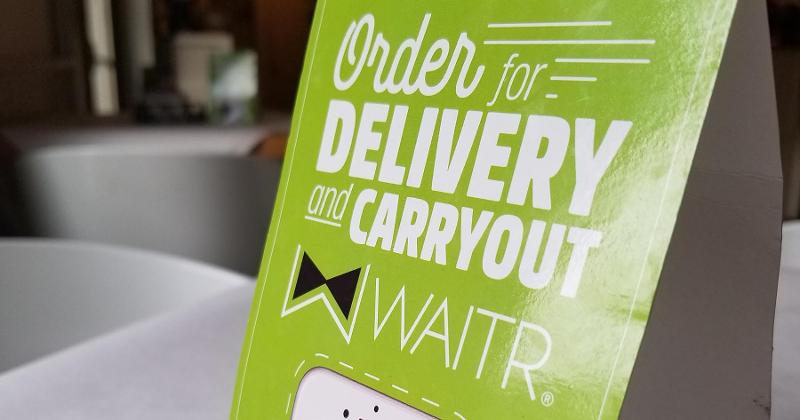
The restaurant delivery company formerly known as Waitr is no more.
The Louisiana-based provider, which rebranded as ASAP in 2022, filed for Chapter 7 bankruptcy Tuesday and ceased operations.
It had been struggling amid competition from bigger delivery companies like DoorDash and Uber Eats for years. Its revenue and corporate headcount declined sharply last year and it had more than $80 million in total liabilities, according to an SEC filing.
At the end of 2022, ASAP was operating in 725 markets across the U.S. and reported about 1 million active customers.
As of this February, it accounted for less than 1% of all food delivery sales in the U.S., according to data from Bloomberg Second Measure.
ASAP was founded as Waitr in 2014 in Lake Charles, Louisiana. It went public via a merger with Landcadia Holdings, a special-purpose acquisition company, in 2018.
In 2022, Waitr rebranded as ASAP and expanded beyond restaurant delivery into delivering other products. It also launched an in-stadium ordering system for sporting events and acquired a payments company.
“With a heavy heart, we share the news of the closure of our delivery and carryout business,” ASAP wrote on its website this week. “After years of dedicated service, we've made the tough decision to cease operations.”
As part of the bankruptcy filing, ASAP executives including CEO Carl Grimstad and CFO Armen Yeghyazarians are no longer with the company. A government-appointed trustee will take control of ASAP's assets and liabilities and liquidate them to pay off debt.
Members help make our journalism possible. Become a Restaurant Business member today and unlock exclusive benefits, including unlimited access to all of our content. Sign up here.